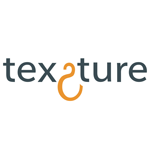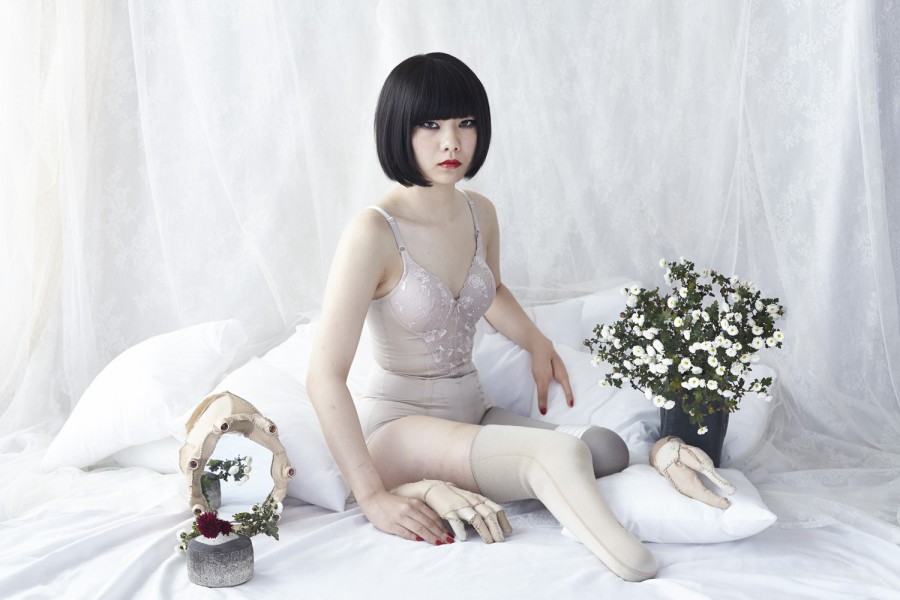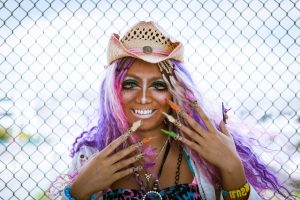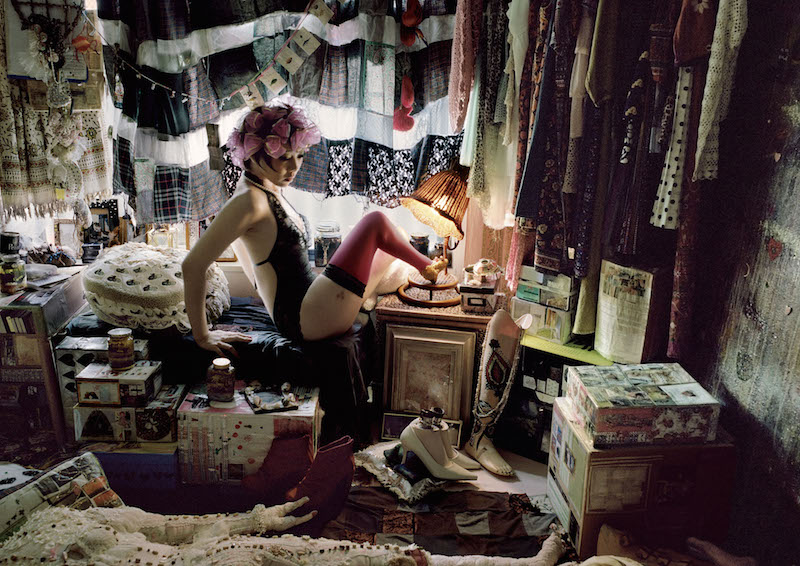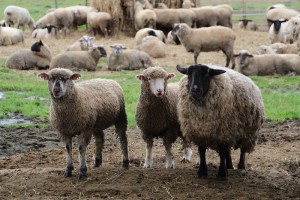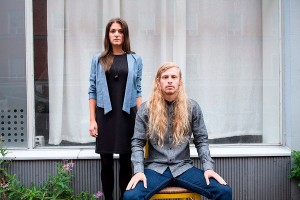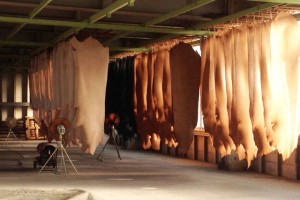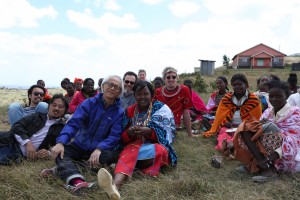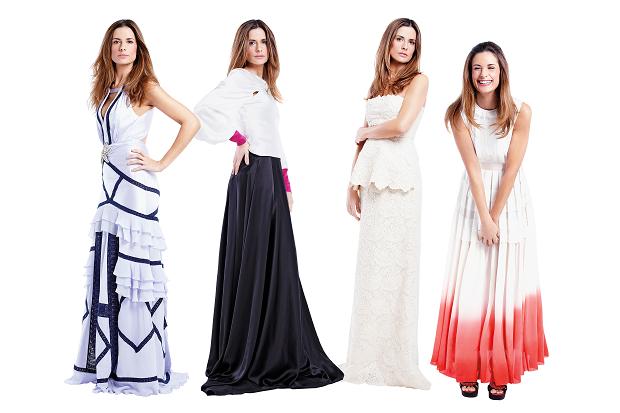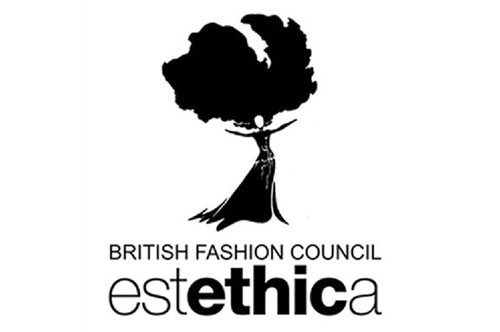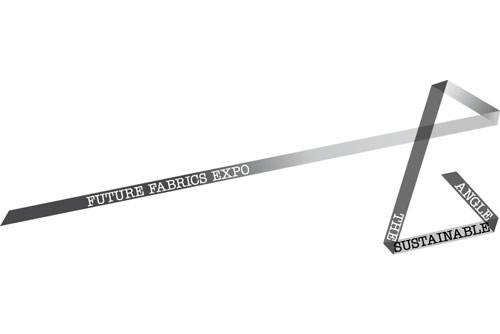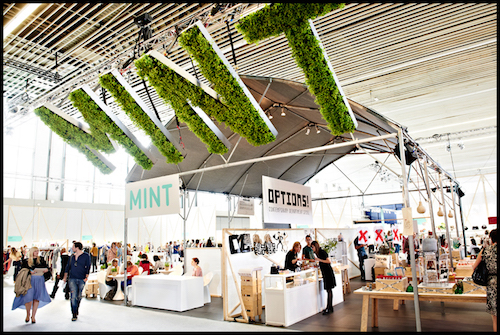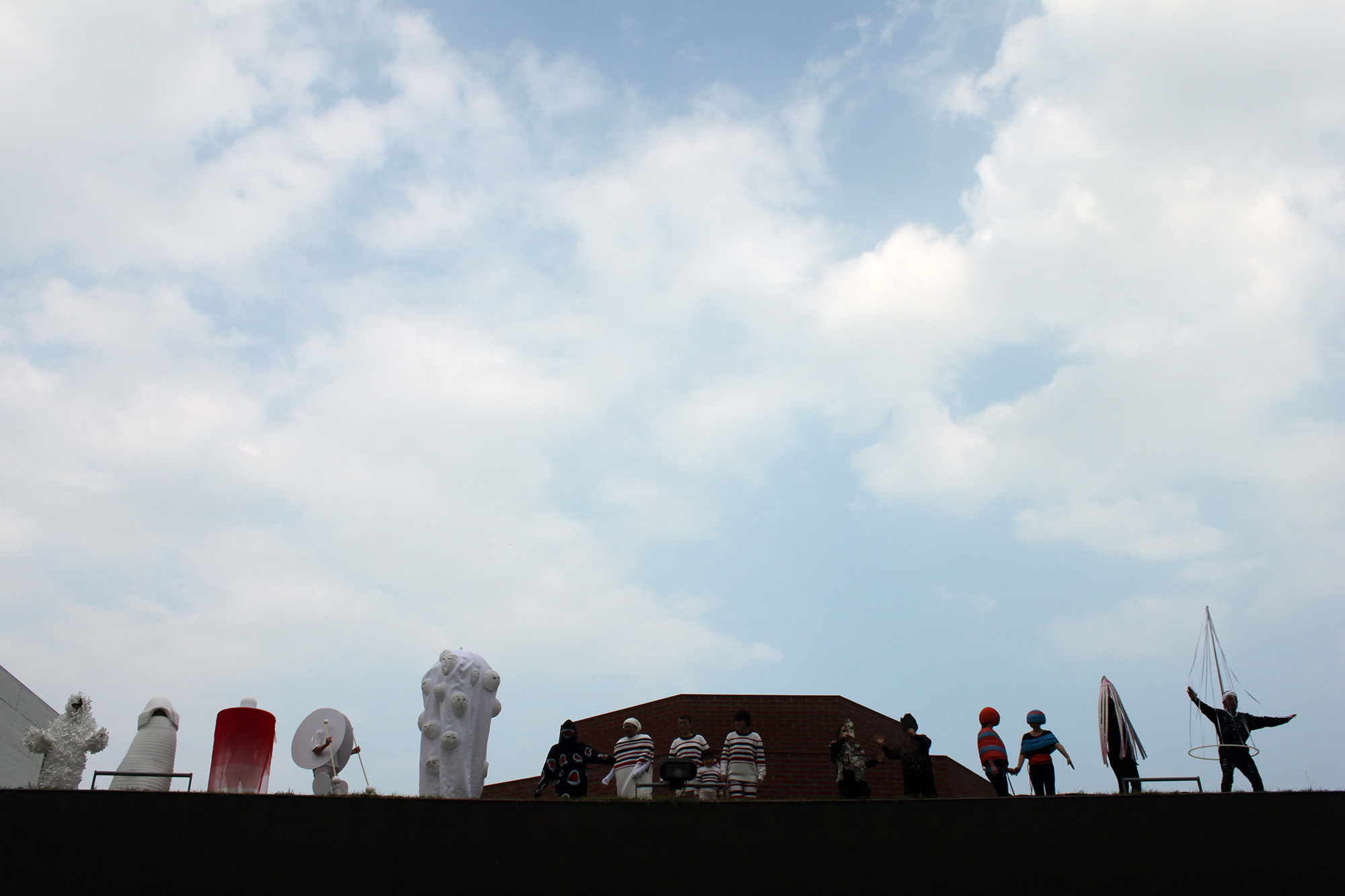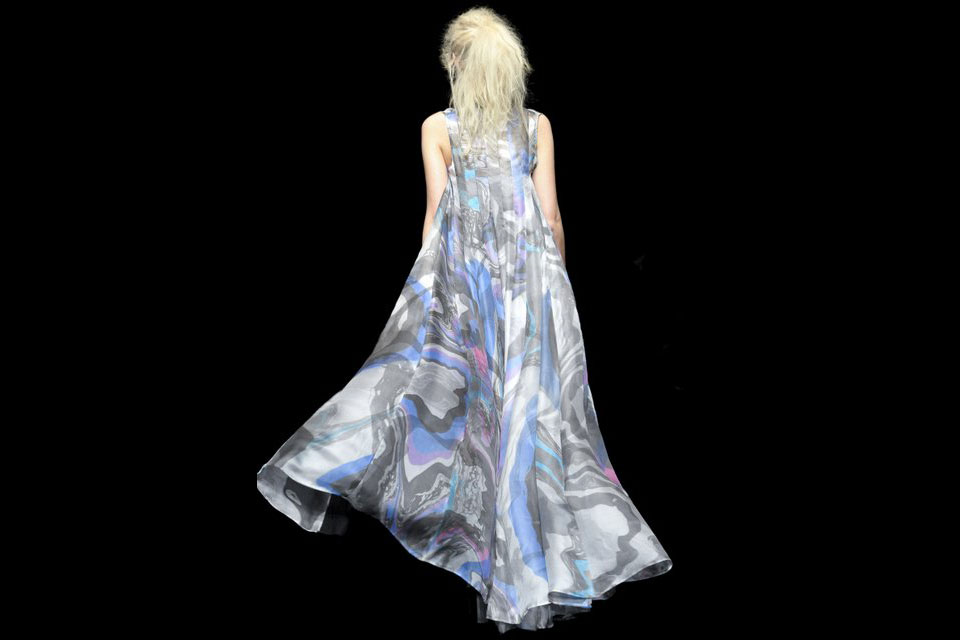 Written By:Ilaria Pasquinelli of texSture.
Written By:Ilaria Pasquinelli of texSture.
Fashion Summit2012-World’s Largest Conference on Sustainability and Fashion
The Fashion Summit 2012 is approaching and will be taking place on the 3rd of May, in Copenhagen as usual.
The Fashion Summit is organised by the Nordic Fashion Association, a group that was founded in 2008 by five Nordic fashion organisations: the Danish Fashion Institute, Helsinki Design Week, the Icelandic Fashion Council, Oslo Fashion Week, and the Swedish Fashion Council. The objective of these organisations is to promote sustainability practices within the fashion industry through the Nordic Initiative Clean and Ethical(NICE) project. The NICE project released a 10-year strategic programme in 2009, including planned activities that demonstrate a holistic approach to fashion with consideration given to both ecological and social corrective measures.

http://www.nordicfashionassociation.com
NICE has recently established a partnership with the United Nations (UN) to create a special initiative under the Global Compact, a strategic policy initiative for businesses that are committed to ethics. The new UN Global Compact & NICE Fashion Code will be launched in concomitance with the Fashion Summit. Businesses that join the UN Global Compact must agree to strategically embed its 10 principles in the way they do business. Many Danish fashion companies that have chosen to do business differently, such as the designer label Noir, have already joined the UN Global Compact.
The Danish Fashion Industry is “Affordable” Luxury
The Danish fashion industry is growing fast and is positioning itself globally as a provider of “affordable” luxury fashion. The Danish fashion industry is mainly made up of independent high-end designers proposing clean and minimalist designs. Their product is called “affordable” luxury because these brands do not target consumers who would buy Gucci or Louis Vuitton, but rather are marketed to that particular, well-educated consumer who is positioned between the mid- and high-end markets, is fond of design, and wishes to buy unique garments. The Danish fashion industry was worth DKK23,594 million in 2010 (source, Danish Statistics), roughly €3,100 million, the majority of which (93%) is exported.

How High-street Retail Tries to Approach Responsible Production: Bestseller Group
The Bestseller Group is the biggest fashion group in Denmark with a turnover of €2,335 million (2010/2011). The main high-street retailer in the country, the group also operates internationally with 2,500 of 2,800 stores located abroad, selling various brands (Jack Jones, Vero Moda, etc.).
The company has representatives on the Advisory Board of both the Nordic Fashion Association and the Danish Ethical Trading Initiative. Joining these types of organisations is often the first step a company takes to seriously engage in ethics because participation allows them to increase their knowledge of the issues and assist with establishing new standards and policies.
From a marketing perspective, partnering with such organisations shows genuine commitment and helps gain the trust of the company’s stakeholders, including, of course, consumers. A section called “Responsible production” is easily found on the Bestseller’s web site, which makes information related to the company’s corporate social responsibility (CSR) easily accessible to both trade and consumer buyers. The ethical commitment of the Bestseller Group is very broad and covers both animal protection and buying practices.
This level of commitment is unusual as the buying practices of companies often disregard ethical issues. Fashion buyers are not always involved in CSR strategies or, even worse, they are not aware of the ethical issues. The communication style of the Best Seller Group, which provides a downloadable code of conduct, health and safety guide, worker’s booklets, child labour policy, etc. on its web site, is very open, transparent, and honest—all essential elements of a communication campaign when it comes to sustainability.
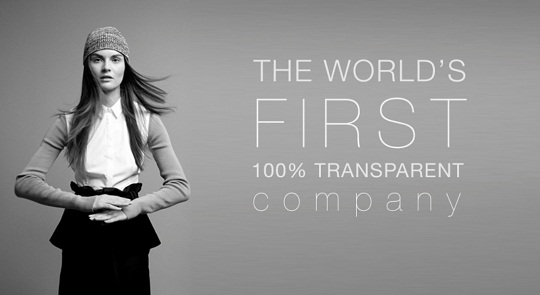
HONEST BY. OFFERS PRODUCTS WITH TRANSPARENCY IN PRICE AND MANUFACTURING, CREATING A NEW PARADIGM IN FASHION AND RETAIL.
Mix transparency with honesty and get the perfect sustainability communication mix
This is the only way companies can avoid greenwash(※1)and build a relationship with their stakeholders that is based on trust. Only trust, combined with regularly exceeding customers’ expectations, can build loyalty to a company or a brand.
Recent research on the market for ethical fashion in Europe(※2)shows that consumers have little trust in fashion retailers and their ethical claims. Some consumers are sceptical of organic or fair trade garments that have low prices. Though, in general, consumers have a positive attitude towards ethical fashion and are ready to do something (like purchasing responsibly made clothing), retailers and companies must do their bit, which means that fashion retailers need to be very cautious when communicating sustainability and should try to give proof of their claims.
In any case, companies should have an honest attitude and share information about areas needing improvement with consumers. Jumping on the bandwagon of ethical fashion does not pay off in the long run, particularly today when the internet allows consumers to access information more easily and quickly than before, unless companies follow through. Past marketing practices assumed consumers were stupid and used advertising to push the sales of bad products. Today, rather than marketing, there is co-marketing and sustainable marketing that simply make good and desirable products accessible to consumers.
(※1)Greenwash is an environmental claim which is unsubstantiated or irrelevant and is normally found in advertising, PR or on products’ packaging. (※2)IFM (Institut Français de la Mode pour le défi) (2009) 'Mode et consommation responsable: regards des consommateurs and Mintel, ‘Ethical Clothing, Market Intelligence (2009)

